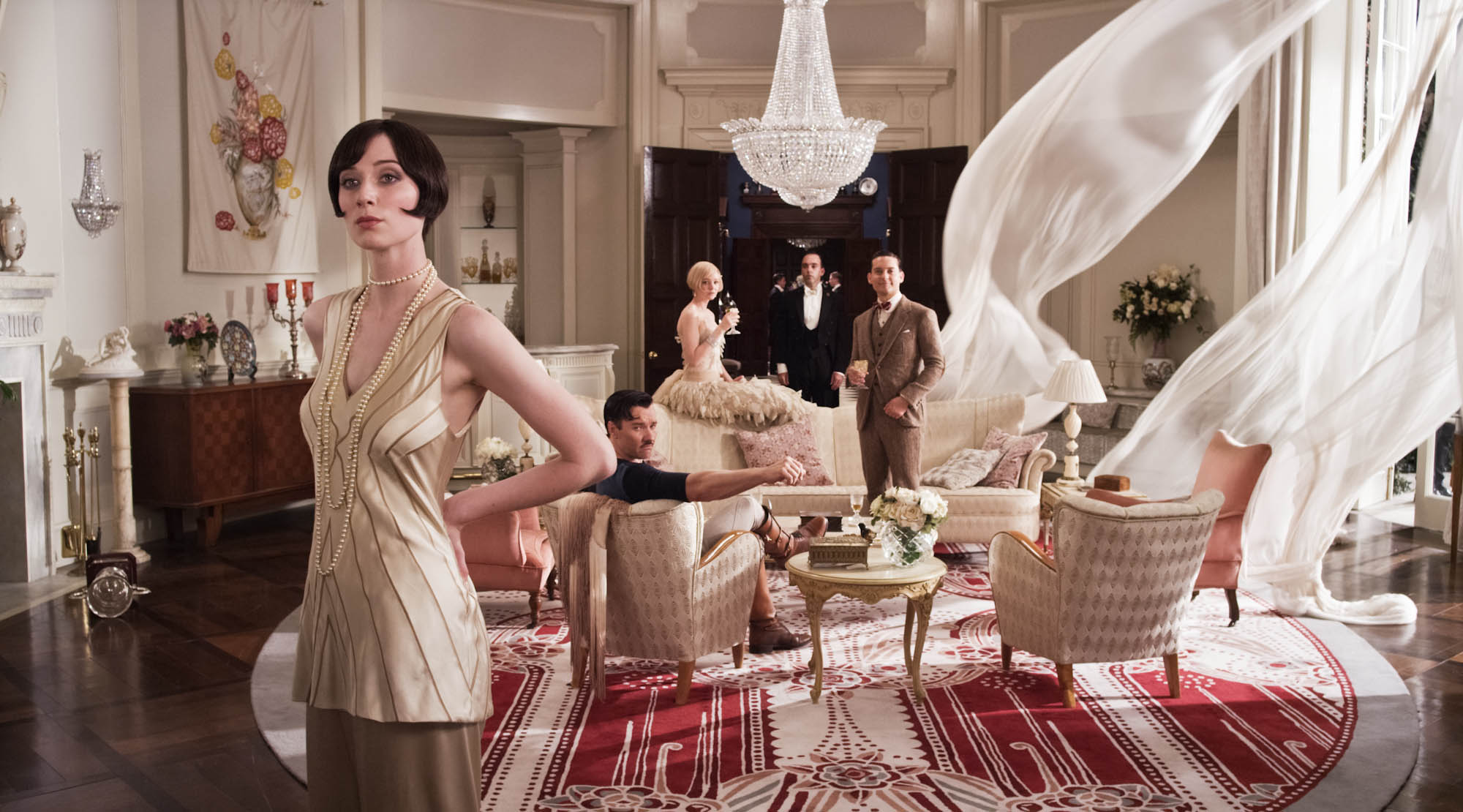On Sofia Coppola's work:
I watched the following four of Sofia Coppola's films for which she is also best known for: Lost in Translation (2003), The Virgin Suicides (1999), Somehwhere (2010), and Marie Antoinette (2006). I felt that Lost in Translation, Somewhere, and Marie Antoinette shared the most similar qualities that someone could definitely tell came from the same director. As I was watching I felt as though i kept waiting for something to happen, but nothing ever did. That's because Sofia Coppola chooses to showcase and focus on the true-ness and mundane aspects of life, as opposed to only the interesting or exciting, which is not commonly shown in films. I believe this quality is specific to Coppola's directing throughout these films.
 |
| Lost in Translation |
 |
| Somewhere |
Somewhere was definitely not like any movie i've seen before but after watching other Coppola films I was able to understand it a little more. It shares the same elements with Lost in Translation of life being what it is and not candy coated or edited to just show the good parts. Like Lost in Translation, Somewhere focuses on a jaded actor and the in-between moments of his life that are not always glitz and glam like most people like to believe. My favorite scene is the long drawn-out and uncomfortable scene of the actor getting a mask made of his face.
 |
| Marie Antoinette |
In Marie Antoinette, Sofia Coppola puts the viewer in the Queen's shoes. From the beginning you can see the excitement and confusion in Marie Antoinette as she grows to become the Queen of France and later on hated by her people . She has all the luxuries a girl could want with the exception of a few things.
Overall, Sofia Coppola's films share a common theme: "the grass is not always greener on the other side". She showcases the lives of people who are rich and famous and puts them under a microscope. She gives the viewer a chance to see the not-so-glamourous aspects of the glamorous lifestyle that everyone seems to want to have.




